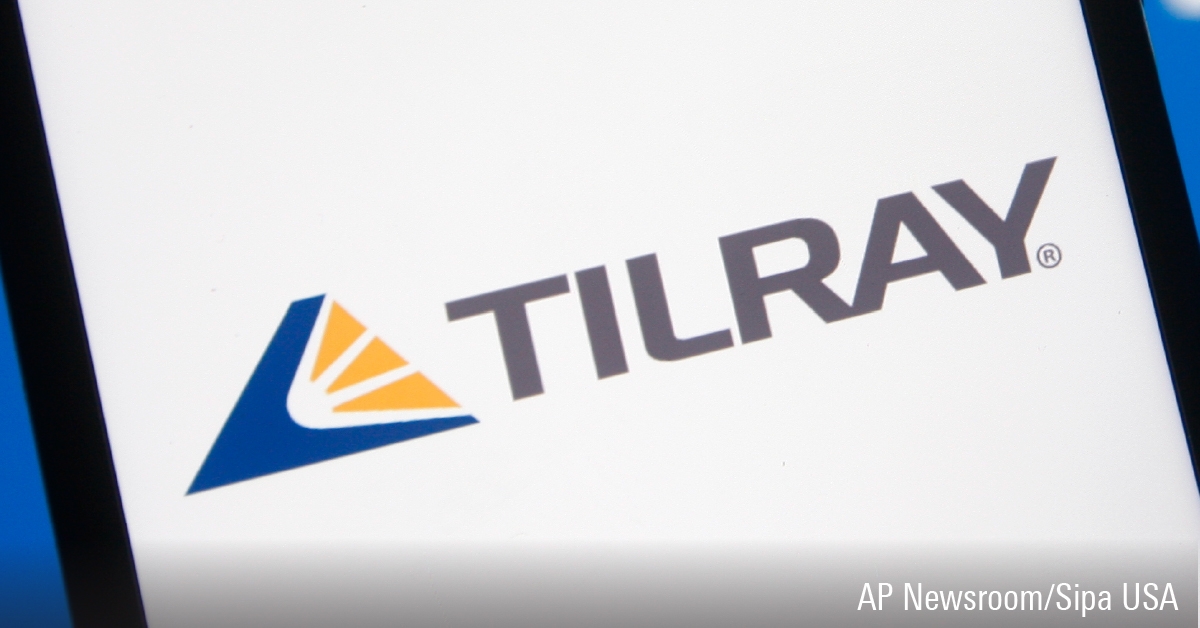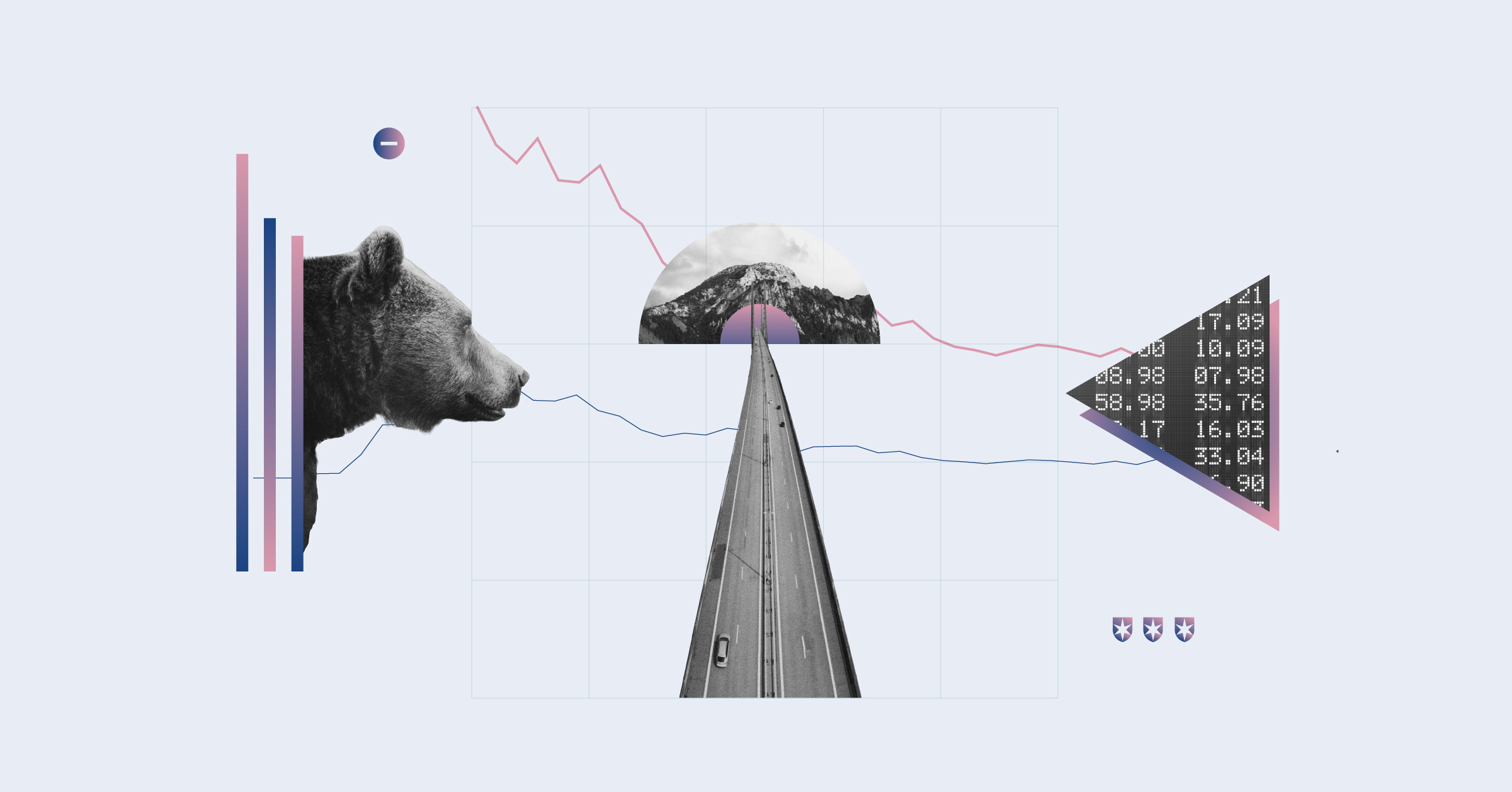CI Financial has been all over the financial news since Scotiabank, its largest shareholder, decided to sell most its investment in CI. Scotiabank owns 37% of CI, which it acquired from Sun Life in 2008. Many CI investors had hoped Scotia would buy the rest of CI, and CI stock traded at a premium price on these hopes.
CI's share price declined following Scotia's announcement to sell. Recently, Scotia announced it would sell 72 million shares in a public offering, while CI said it would buy back 20 million shares, helping reduce the increase of the free float. As big CI shareholders, Canada's two largest funds, Investors Dividend  and RBC Canadian Dividend
and RBC Canadian Dividend  , will feel the impact regardless of how the sale plays out.
, will feel the impact regardless of how the sale plays out.
CI's biggest shareholders aren't fund companies but insiders. Directors and executive officers of CI alone own approximately 10% of the firm. In all, insiders control 47% of CI shares, meaning that only marginally more than half are available in the open market (what is called free float). While the firm's market cap is close to $9.5 billion, in reality only $5 billion is publicly available. While CI's market capitalization classifies it as large-cap, relatively high insider ownership means it trades more like a mid-cap stock. As a result, large fund companies can't easily establish meaningful stakes in the company without owning a big chunk of their shares.
Investors Group: All-in on CI
After Scotia, asset management behemoth Investors Group (IG) is CI's largest institutional investor, with 10% ownership of the firm (and nearly 20% of CI's available float). Almost IG's entire stake is held in the $17-billion Investors Dividend. This fund owns 9.7% of CI's shares, representing a 5.7% position in the fund. Manager Dom Grestoni initiated his position back in 2004 and has been adding periodically until mid-2010 (See Chart 1).
While Grestoni's bet was, at least in part, based on expectation that CI would be completely bought out, his fund would probably fare decently even if this scenario doesn't come to pass. We estimate the fund's overall average cost per share at $18.50, so if he was to sell out the position at current prices (On June 2, CI shares traded at $34), it would earn a 12.5% internal rate of return (IRR), including dividends, based on our calculation.

However, achieving this return in reality would be a challenge. Because the fund's CI holdings are so large, Grestoni couldn't easily dump its shares without negatively impacting their price. His stake represents more than 18% of CI's free float and it would take north of 60 days for the manager to unwind this position under average trading volumes (After Scotia's sale and CI's share buy-back it will own about 14% of CI's free float). A complete Scotia takeover would have given Grestoni an exit strategy. While the possibility that another institution steps up to fully acquire CI is still there, it is not likely since Scotiabank recently announced it would sell its shares on the open market.
While the outcome for Investors Dividend fund holders may ultimately be favourable, Grestoni has painted himself into a corner. His big investment in a thinly traded stock has left him with few options if his investment goes sour: Try to back out slowly or hope for a big enough deal to give him a viable exit strategy.
RBC: Fewer chips on the table
RBC Canadian Dividend, with more than $18 billion in assets under management, owns 2.6% of CI's shares, representing a modest 1.5% position in the fund -- small enough to land outside its top-20 holdings. Managers Stuart Kedwell and Doug Raymond initiated a position in CI near the 2008 bottom with a share price around $17 and continued to buy through early 2011, hanging on for another two-plus years. (See Chart 2.) Even with a big CI stake, Kedwell and Raymond had enough flexibility to dump 2 million shares at a handsome profit when the stock traded well above $30 in the second half of 2013.

If the managers were to sell out at today's levels, they would have earned 19.5% annually based on our calculation.
Conclusion
Both funds stand to earn a good return even if their best case scenario -- a complete takeover of CI shares at a substantial premium -- does not take place. They'd most likely fare well if they could gradually exit their position as well. However, if the managers needed to get out quickly, the RBC offering would stand a better chance of doing so than its IG rival. While this risk may never materialize, Scotia's CI sale is a reminder that managers should be nimble enough to respond quickly in adverse scenarios.
Note: Our IRR calculations are based on Morningstar's month-end share and price data for Investors Dividend and RBC Canadian Dividend from the first time CI Financial appeared in their portfolios. We assume no change in portfolio holdings since February 2014 and April 2014 (the most recent portfolio holding data) for the Investors and RBC funds, respectively.















